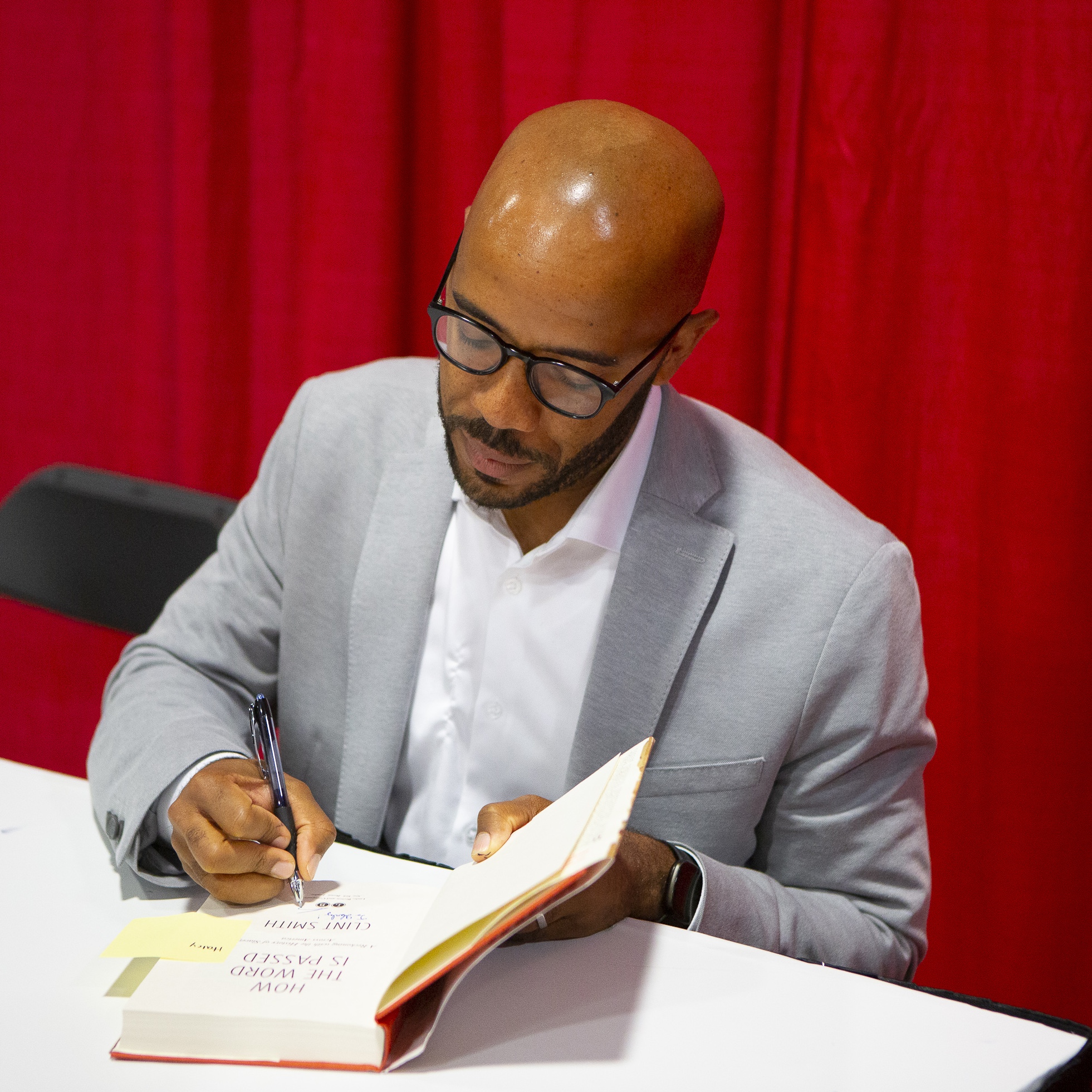The police sirens sounded like wind
getting knocked out of our stomachs.
We tried to find a place to pull over
where there was a semblance of light.
There was no light.
They asked us to step out of the car.
I didn’t know why—they grabbed him
like he wasn't somebody's child,
palmed the back of his head
like a soft fruit ready to be dropped
from the top of the roof so everyone
could laugh at the plurality of pieces.
His face against the front of the police
car made him look like a fish out of water.
But where is the water?
When has there ever been water?
When have we ever been allowed to swim?
When has there ever been somewhere
we can breathe?
I don't remember the last time police
sirens didn't feel like gasping for air.
I don't remember what it means not
to be considered something meant
to flounder, to flap against
the surface while others watch you
until the flailing stops.
Published:
2016
Length:
Regular
Literary Movements:
Contemporary
Anthology Years:
2025
Themes:
Doubt & Fear
Memory & The Past
Police Brutality
Racial Injustice
Literary Devices:
Analogy
a figure of speech that creates a comparison by showing how two seemingly different entities are alike, along with illustrating a larger point due to their commonalities
Anaphora
a figure of speech in which words repeat at the beginning of successive clauses, phrases, or sentences
Assonance
The repetition of similar vowel sounds that takes place in two or more words in proximity to each other within a line; usually refers to the repetition of internal vowel sounds in words that do not end the same.
Caesura
a break between words within a metrical foot
Extended Metaphor
a metaphor that extends through several lines or even an entire poem
Idiom
a phrase or expression that typically presents a figurative, non-literal meaning attached to the phrase
Rhetorical Question
a question asked for effect, not necessarily to be answered
Simile
a comparison between two unlike things using the words “like” or “as”

